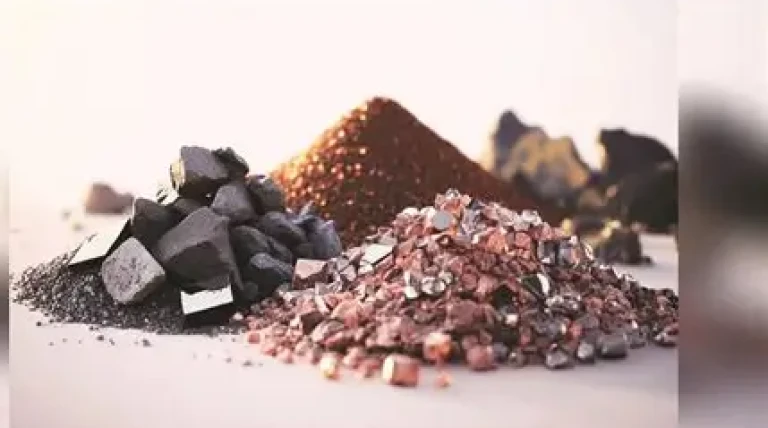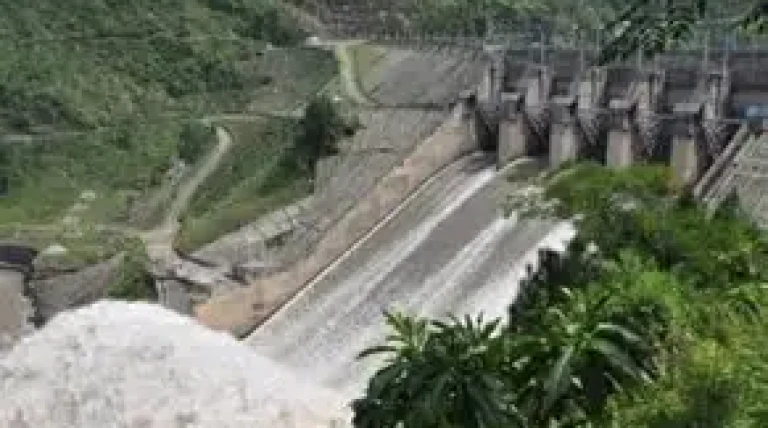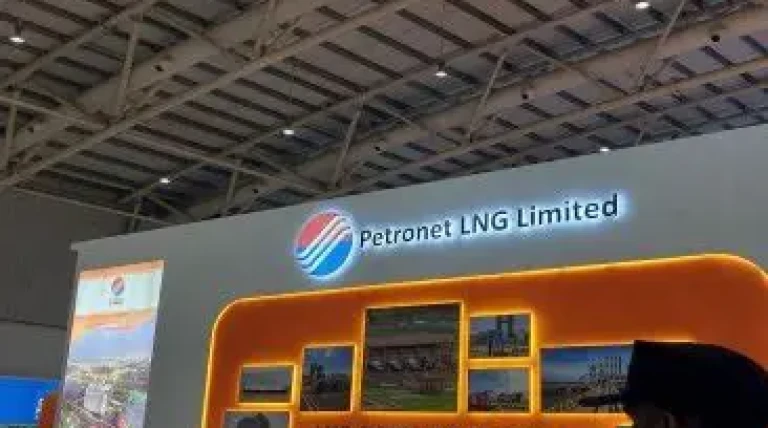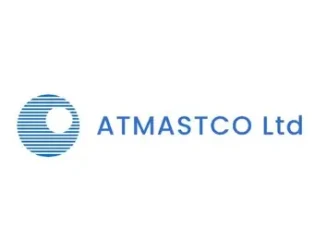The Indian government is set to roll out a ₹7,350 crore scheme over the next seven years to establish a fully indigenous manufacturing ecosystem for sintered rare earth permanent magnets (REPMs)—a critical component in sectors such as automotive, electronics, wind energy, and defence.
Tentatively titled the Scheme to Promote Sintered Rare Earth Permanent Magnet Manufacturing in India, the initiative aims to achieve an annual production capacity of up to 6,000 tonnes, significantly reducing the country's reliance on imports.
The scheme will cover the entire value chain—from rare earth oxide processing to magnet manufacturing—with particular focus on the final three stages (metal and alloy conversion, magnet production, and assembly), where India currently lacks domestic capability.
As part of the plan, five integrated manufacturing units will be established, each with a capacity of up to 1,200 tonnes per year. Selected entities will benefit from sales-linked incentives and a 15% capital subsidy to help offset the high setup costs, especially for imported machinery and technology.
With current domestic demand at 4,010 tonnes annually—expected to double by 2030—this scheme marks a strategic step toward self-reliance in REPM production and strengthens India's position in global high-tech manufacturing.
News by Rahul Yelligetti.
![{[setting('site_name')]}](https://projxnews.com/uploads/setting/16983847711140531930.webp)












